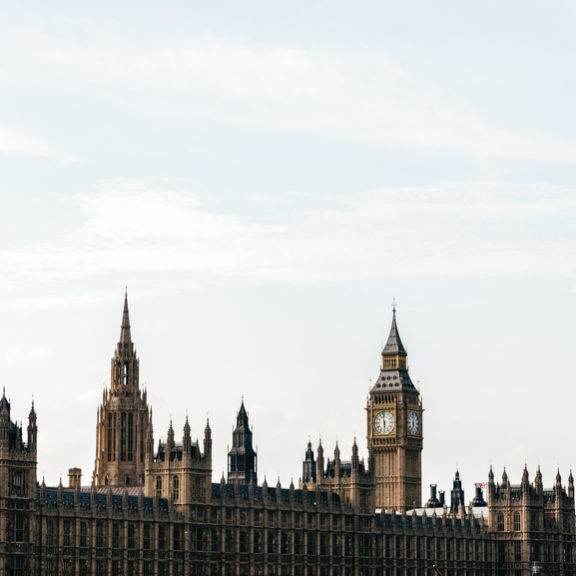Progressives care more about semantics than emancipation
If 2022 has been the year of the “woman”, it is a tale with two different final chapters: one hopeful, one less so. The first is set in a distant country, where an archaic, theocratic regime threatens to be toppled by women throwing down their hijabs and demanding their emancipation. The second plays out in a more familiar setting but in an unfamiliar language; a Western nation where the word “woman” itself no longer has any meaning, its definition rewritten to include “an adult who lives and identifies as female though they may have been said to have a different sex at birth”.
This is the paradox of the past 12 months: the existence of women is being questioned in the very place where female emancipation has come furthest, while in places where women remain shackled to medieval notions of honour and chastity, true feminism is at its strongest.
Why should we worry about dictionary definitions, when everyone knows what a woman is anyway? This may seem like a fair question. Yet simply dismissing the erasure of a word as a “culture war issue” misunderstands the forces that drive it. As Helen Pluckrose and James Lindsay noted in their 2020 book Cynical Theories, language is now viewed as a tool of oppression, and thus must be altered in the name of so-called “liberation”. These arguments over the word “woman”, then, have wider repercussions: they are fronts in a greater war that will determine how language itself is used.
